US imposes reciprocal tariffs of up to 46% on 90% of goods from Vietnam
US President Donald Trump announced a minimum 10% reciprocal tax on all goods imported into the US. Countries with major trade relations with the US such as China, the EU, Japan, South Korea and Vietnam will be subject to higher tax rates.
Vietnam is among the highest taxed countries: 46% applies to 90% of goods. China is taxed at 34%, Japan at 24%, South Korea at 25%, and Taiwan at 32%. Other Southeast Asian countries such as Thailand, Indonesia, Malaysia, the Philippines, and Singapore are also subject to tariffs ranging from 10% to 36%.
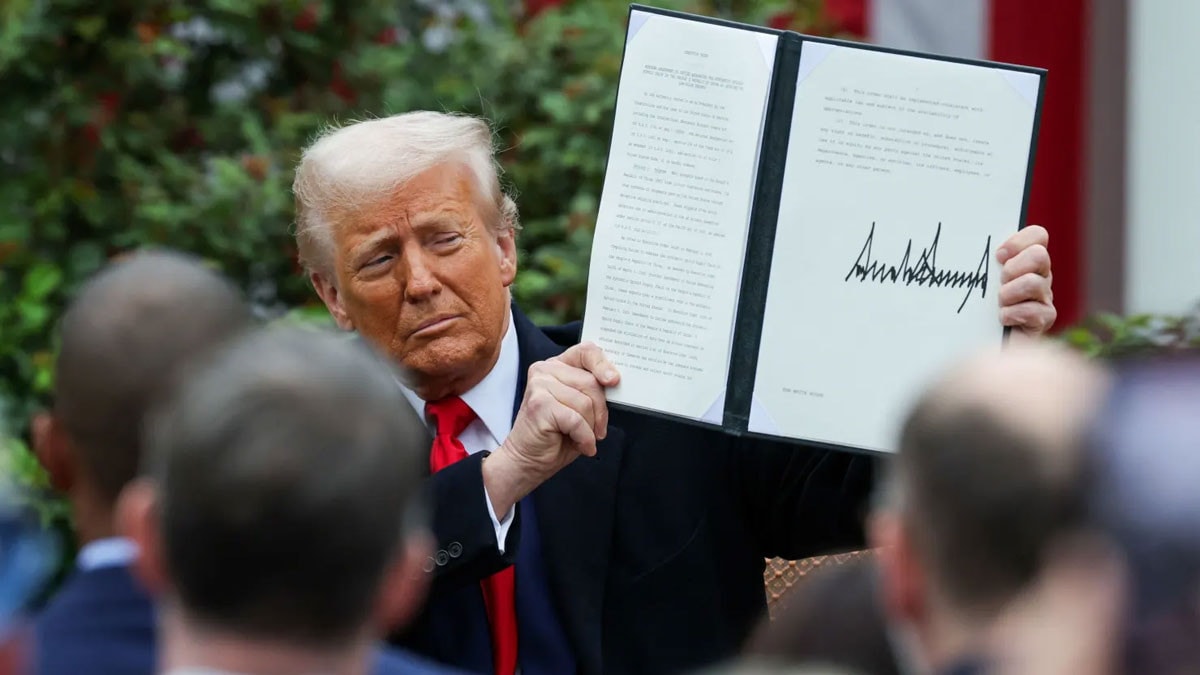
The base tariff of 10% will take effect on April 5. Higher tariffs will start on April 9, affecting about 60 countries. However, Canada and Mexico are not included because they are already subject to other tariffs.
According to Mr. Trump, these tariffs are in response to many countries imposing high tariffs on American goods. Specifically, American goods entering Vietnam, China and the EU are subject to tariffs of 90%, 67% and 39% respectively. The White House said this is an action to protect trade rights and tax fairness for the United States.
Reciprocal tariffs will not apply to certain special items such as copper, pharmaceuticals, semiconductors, lumber, gold, energy and certain minerals not available in the United States.
In addition to the import tariffs, Mr. Trump also signed an executive order closing the “de minimis” loophole – allowing goods under $800 to be exempt from duties. The executive order will take effect on May 2, aiming to prevent the abuse of this regulation to transport goods from mainland China and Hong Kong into the United States.
A US official revealed that Mr. Trump is considering additional tariffs on key industries such as semiconductors, pharmaceuticals and strategic minerals. In addition, a 25% tax on imported cars and components will begin on April 4.
The Trump administration has argued that tariffs are an effective tool to address a range of issues, including the trade deficit, combating illegal immigration, controlling fentanyl and restoring domestic production. But experts warn that the measures could slow the global economy, raise the cost of living and make it more difficult for American companies to operate.
The new tax announcement has sent US financial markets into a tailspin. Wall Street stocks have fallen sharply since February, wiping out nearly $5 trillion in market capitalization amid concerns about growth, inflation and corporate profits.
Many countries have reacted cautiously.
Many countries have reacted cautiously to the US decision to impose tariffs. British Business and Trade Secretary Jonathan Reynolds said on April 2 that London remains committed to the goal of signing an economic agreement with Washington to ease the impact of the 10% tariff on exports to the US.
Mr Reynolds stressed that the UK would remain calm, continue to negotiate and work closely with domestic businesses to assess the impact and prepare for further steps if necessary. Although President Trump affirmed that the UK was among the countries with the lowest tariffs, the UK side still left open the possibility of action if necessary.
In Europe, Italian Prime Minister Giorgia Meloni has strongly criticized the US tax policy, calling it a mistake and warning that a trade war would weaken the West while creating opportunities for other countries to benefit.
From Australia, Prime Minister Anthony Albanese also expressed his dissatisfaction, saying that imposing tariffs on a close ally like Australia was “unwarranted” and “not the action of a friend”. However, he affirmed that Australia would not respond with tariffs.
On the US side, the White House confirmed that the basic tax rate of 10% will take effect from 0:01 on April 5, US time (ie 11:01 on the same day, Hanoi time). Higher tax rates for different partners will begin to be implemented from 0:01 on April 9.
Source: https://baonghean.vn/tong-thong-my-ap-thue-quan-doi-ung-den-46-voi-viet-nam-10294324.html




![[Photo] Closing of the 11th Conference of the 13th Central Committee of the Communist Party of Vietnam](https://vstatic.vietnam.vn/vietnam/resource/IMAGE/2025/4/12/114b57fe6e9b4814a5ddfacf6dfe5b7f)
![[Photo] Overcoming all difficulties, speeding up construction progress of Hoa Binh Hydropower Plant Expansion Project](https://vstatic.vietnam.vn/vietnam/resource/IMAGE/2025/4/12/bff04b551e98484c84d74c8faa3526e0)




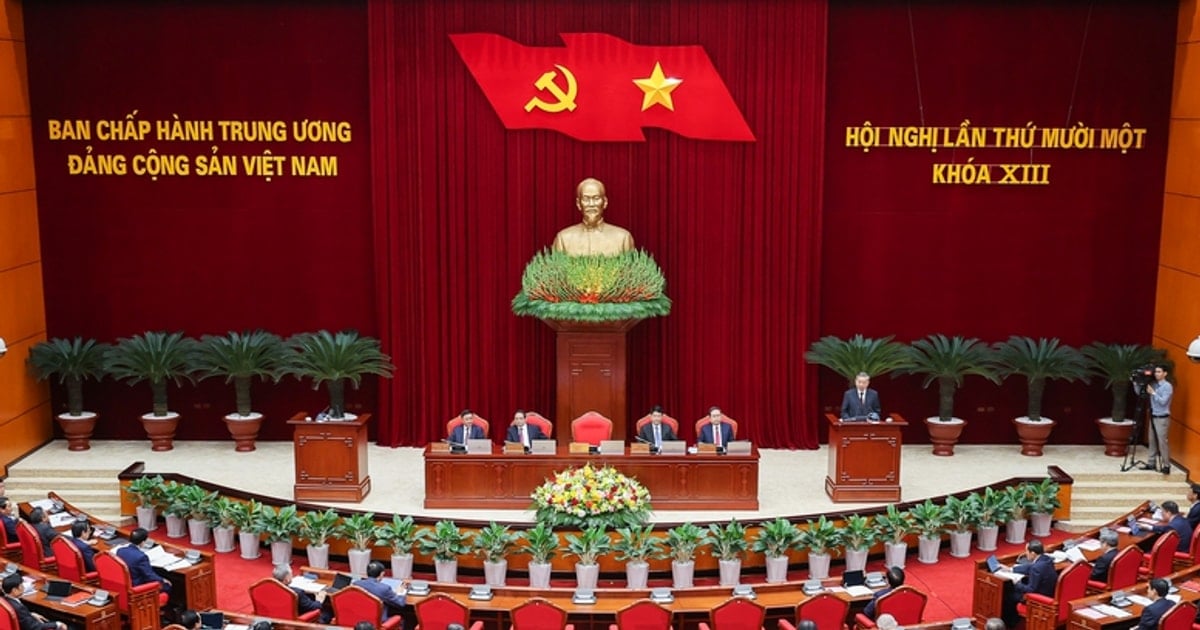


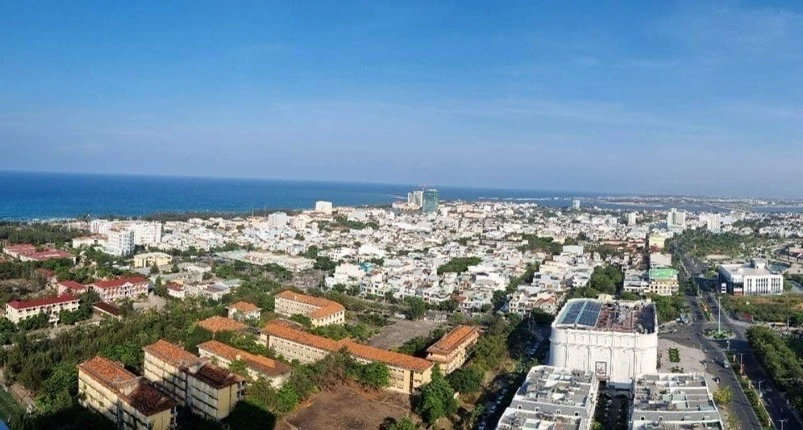





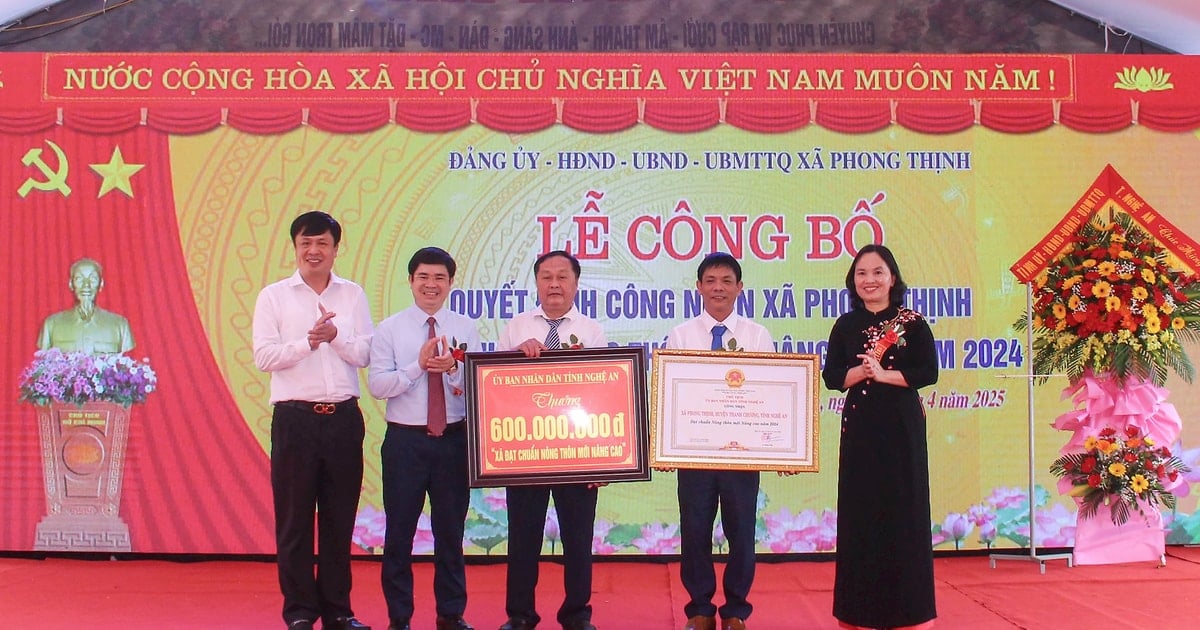

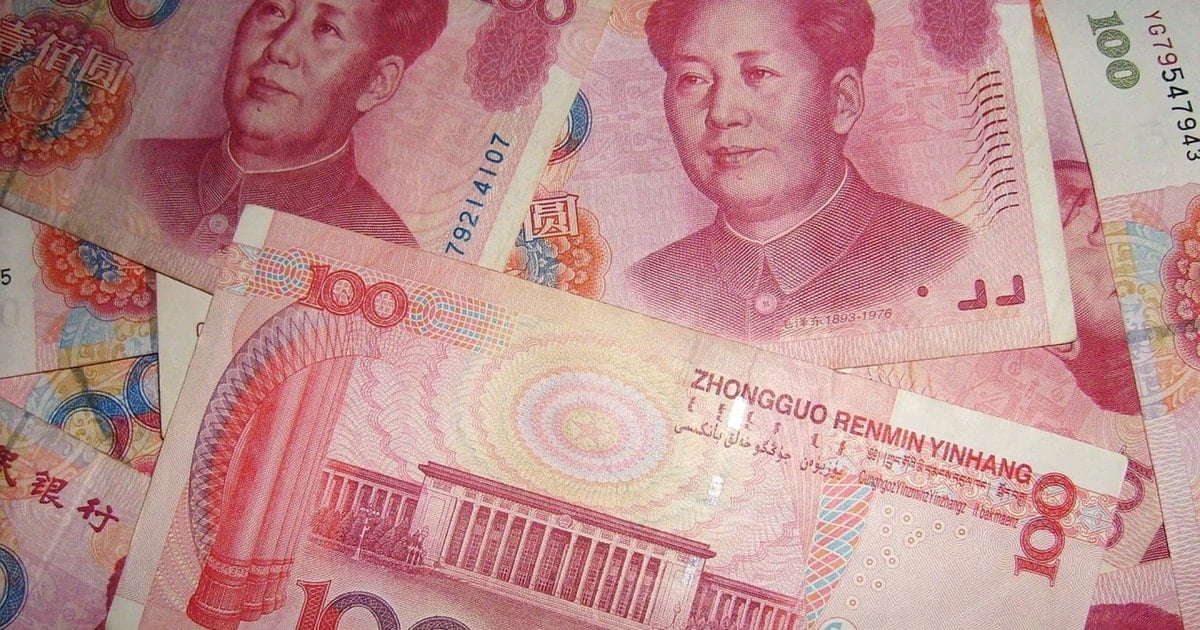
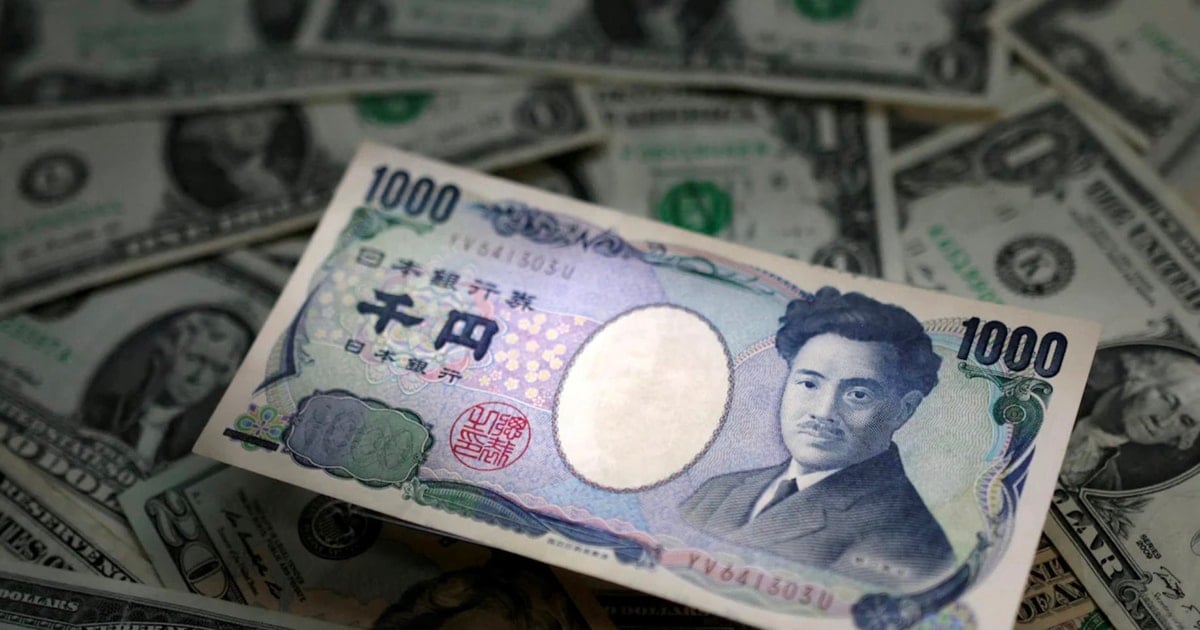














































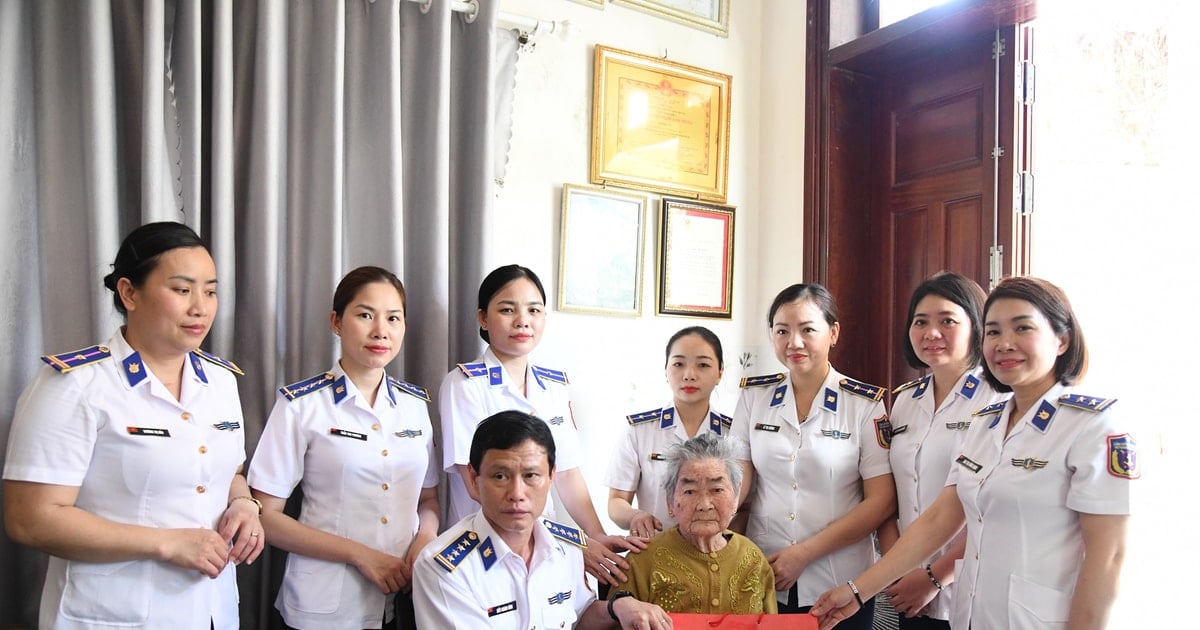



















Comment (0)